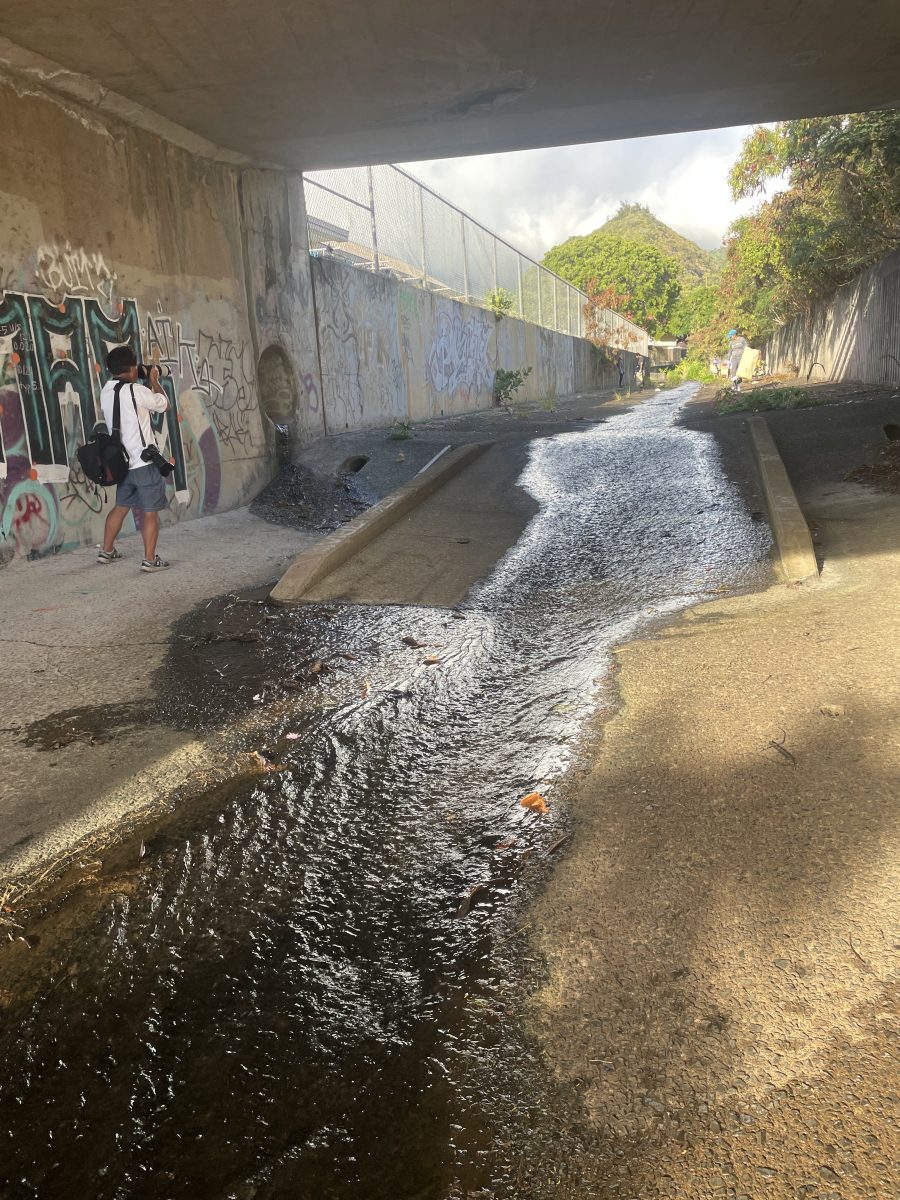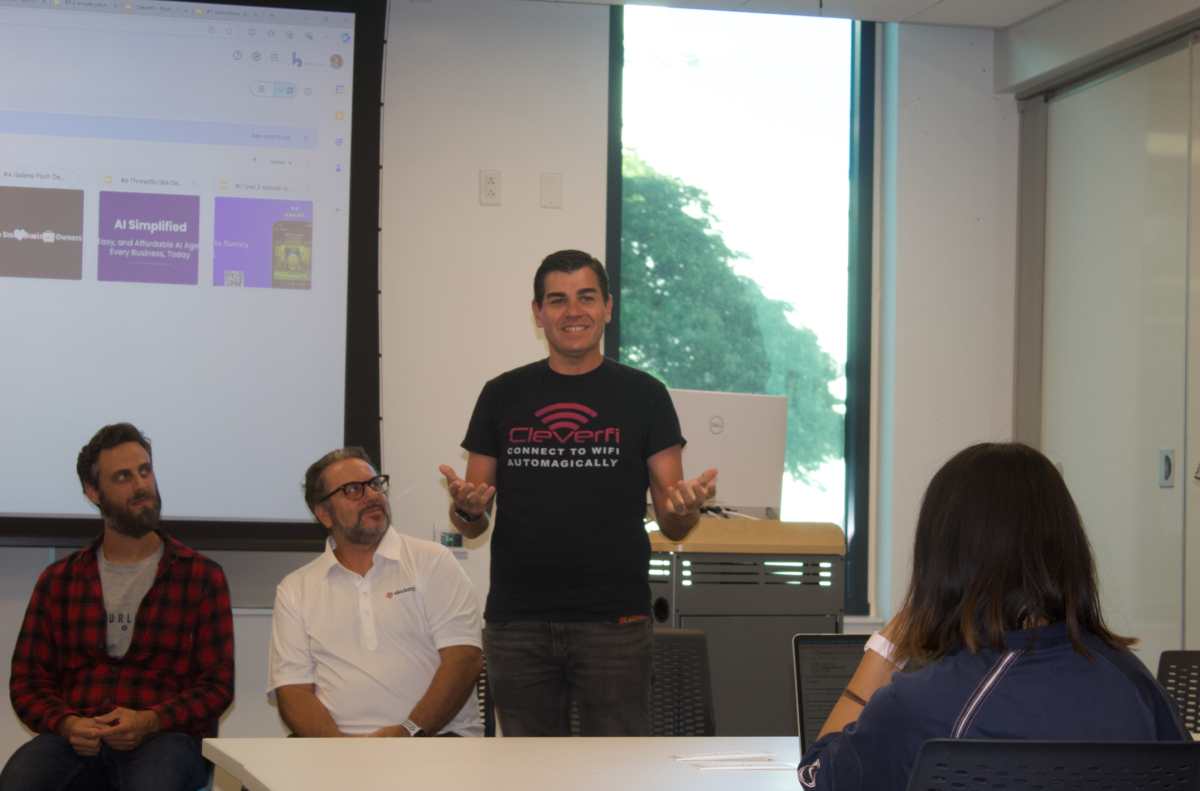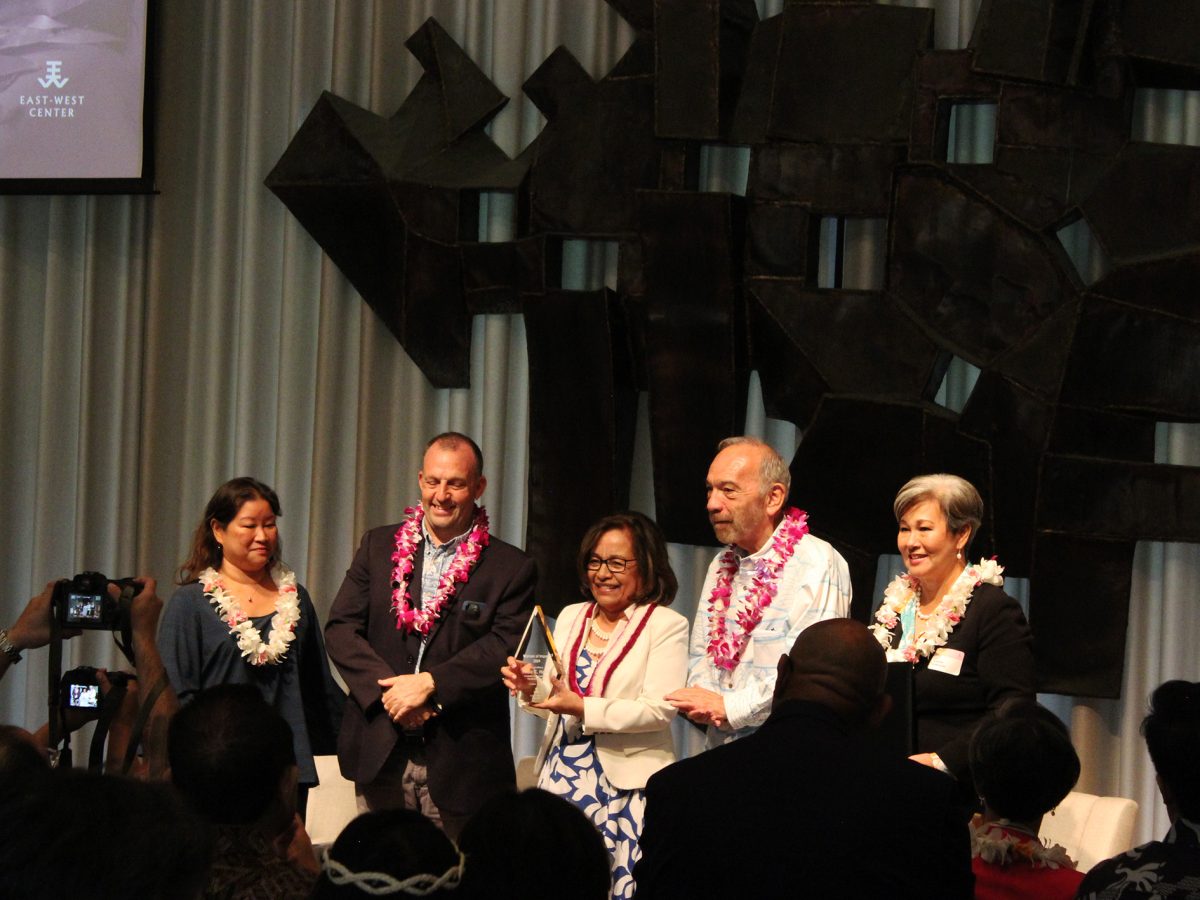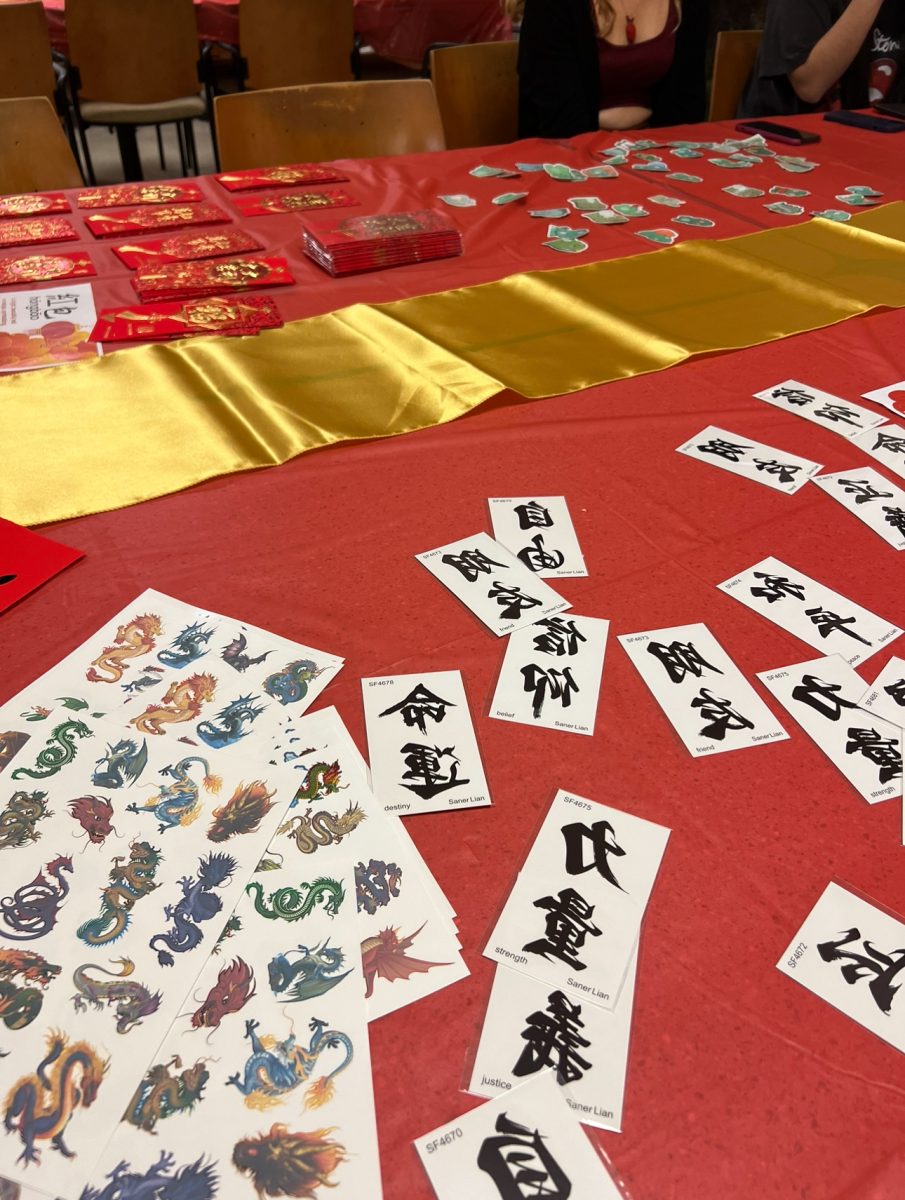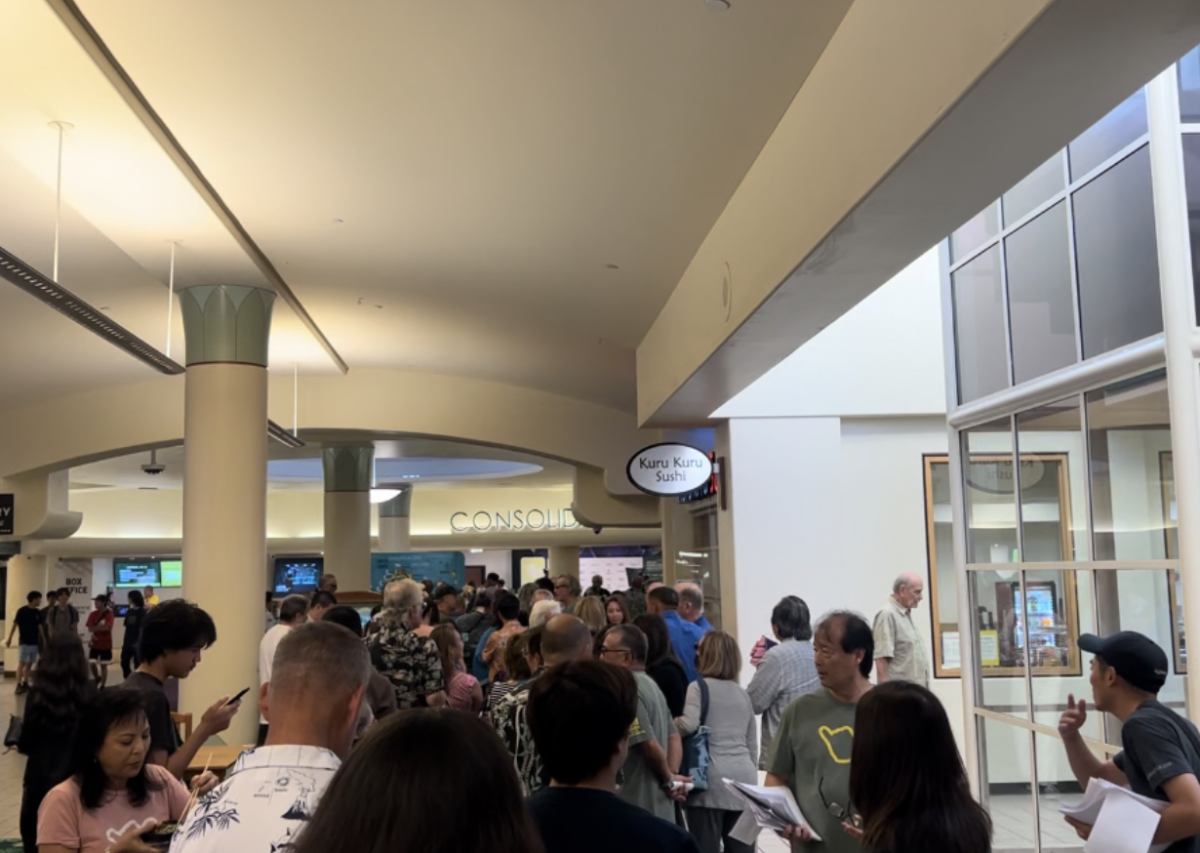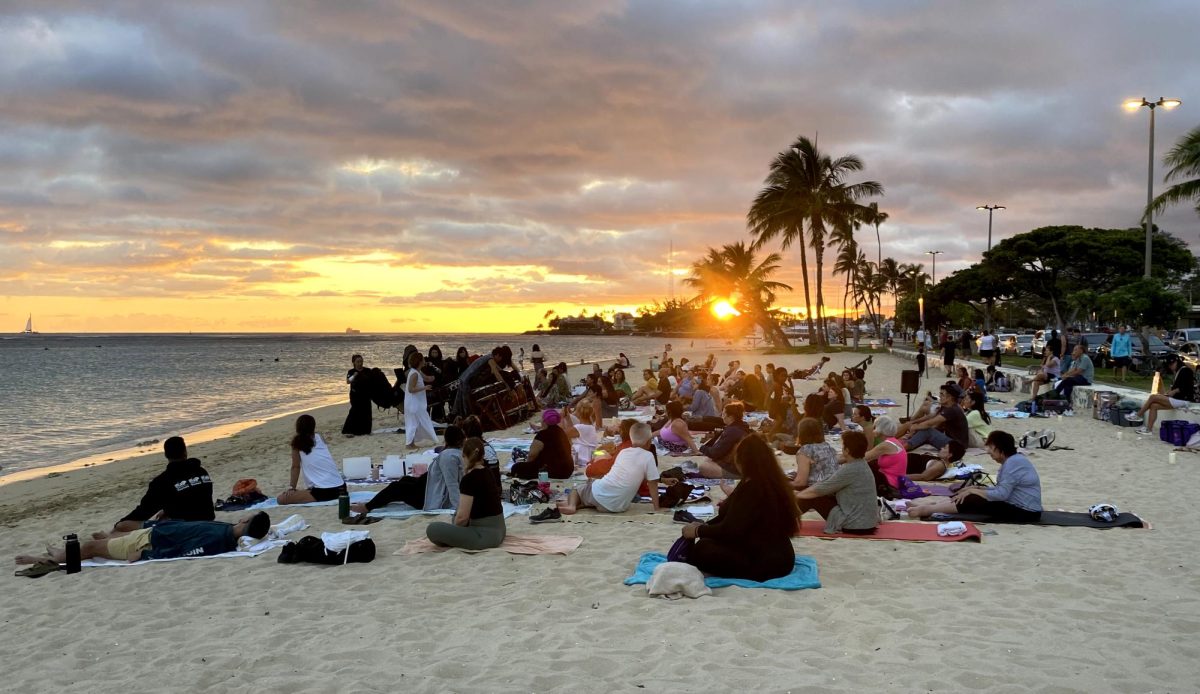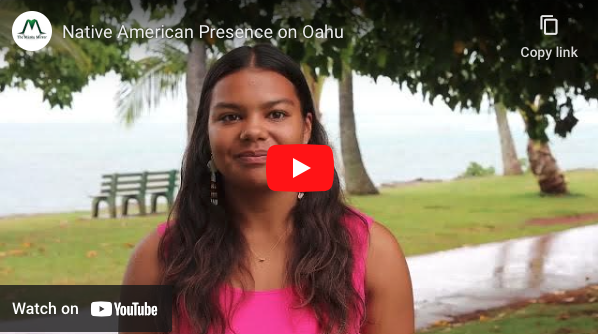The underlying connection between $1.2 million in profit, children playing video games and addressing cyberbullying has become: Vanta Esports.
More than 90 middle and high school teams across Hawaii battled their way to spots in a two-day Vanta competition this weekend, called the 2024 Hawaii Esports Spring Championship, at HPUʻs Esports Arena in downtown Honolulu.
The Vanta development group started trailblazing its path in Esports on O’ahu in 2020. It gathered support from 90 schools across five Hawaiian islands and then began sponsoring large tournaments in Texas and Florida as well.
Although the group is a leader in youth development in the Esports ecosystem nationally now, its origins came from concerned parents that just wanted to have a positive impact on their kids’ lives.
“One of the founder’s kids was unfortunately cyberbullied,” said Ed Lallier, Vanta’s co-founder and chief corporate development officer. “And we created Vanta to be that safe place for kids to game with adult supervision.“
Where other Esports leagues across the country focused on college students and professional players — such as the College League of Legends Champions (cLoL), where the top colleges in the U.S compete for scholarship money and recruitment into the semi-pro scene — Vanta chose to start with children, connecting with middle and high school clubs around Oahu, uniting them into an Esports league where they could all learn the basics of teamwork and sportsmanship.
More than 300 universities now offer athletic scholarships for Esports, Lallier said. “It was 75 back in 2017,” he added. “It’s going gangbusters. It’s not going away. I mean, the industry is massive. There’s 3 billion gamers out there globally. … We’re an infrastructure company, so we offer coaching. We provide professional development. We do leagues. We do camps. We do platform, and we do events.”
Although Esports and games have gained popularity, he said, the generations that participate in them are still young, and the generations of teachers responsible for those student gamers are older and not familiar with gaming, including its dangerous aspects. Most programs were started by well-intentioned teachers that saw the passion their students had for games.
Vanta provided those teachers with development programs that taught them about the games that their students were playing, Lallier said, as well as support systems for how to coach, especially for the teachers that had no prior experience.
A good example is Moanalua High School’s Esports program, Lallier said, started by Athletic Director Joel Kawachi and former ROTC instructor Master Sgt. Raymonte Britt. Both saw the potential that video games had to be able to reach a set of kids who had no interest in joining sports or the available clubs at the school.
“I was happy to assist and be a part of the program, said Kyler Tandal, head coach of Moanalua’s Esports program now. “But over the years, it really has been something where I think seeing how kids can grow and how they can mature has been the part that has been the most eye opening for me. … There are students that will surprise you and that will grow and become, you know, leaders or will act in a way you never expected them to act if you took them at face value.”
In 2014, when online gaming first started gaining traction locally, Tandal said, the scene existed mainly at PCGamerz (PCGz), a PC shop where people could rent time on gaming PCs, buy custom-built computers and compete in small weekly tournaments.
As Vanta started to solve the structural problems in the local gaming ecosystem, like a lack of youth leagues and coaches for those leagues, it also had to discover how to address the communication systems that were open to cyberbullying. In response, Lallier said, Vanta created its own proprietary communication system for teams to be able to safely interact with other schools.
“Discord is a very common tool to communicate between gamers during gameplay” Lallier said. “Well, it’s not COPPA (Children’s Online Privacy Prevention Act) compliant. It’s a federal mandate, which requires certain actions to be taken to protect the data of kids, and Discord doesn’t do that.”
So Vanta put up safeguards for kids to responsibly communicate with each other, Lallier said, while also organizing leagues and tournaments to give the students more chances to play. As the popularity of the program grew, more local businesses became involved, including Blue Startups, a local business-accelerator program that looks to diversify Hawaii’s economy with more technology-based businesses, along with robust support from Zippy’s, Tetris, and PCGz.
“There’s a lot of great gamers here, the Ohana culture is really big,” Lallier said. “You know, if you want to create a community of good gamers, then the Hawai’i culture is the model to use. It is the perfect place to start and to integrate a type of community philosophy.”

